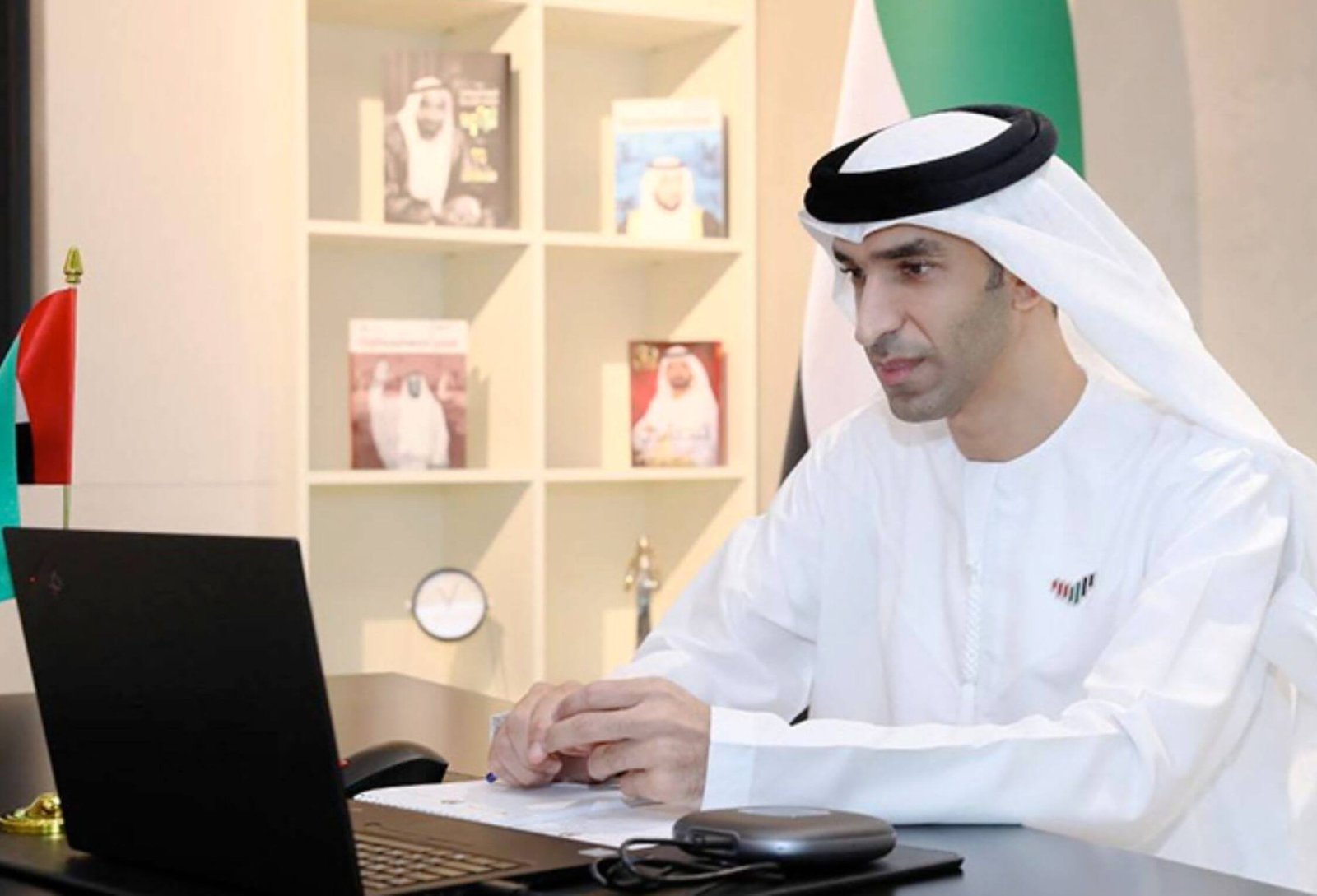Dr. Thani Bin Ahmed Al Zeyoudi, Minister of State for Foreign Trade, recently shared exciting news about the UAE’s first Comprehensive Economic Partnership Agreement (CEPA) with Serbia, a non-World Trade Organization member. This pioneering agreement slashes tariffs by up to 96% across various sectors, setting a vibrant stage for a surge in non-oil trade between the two nations.
During an interview with the Emirates News Agency (WAM), Dr. Al Zeyoudi highlighted the agreement’s role in opening a gateway to the Balkans and Southeast Europe—a region ripe with economic promise. He expressed optimism about the agreement fostering a fresh era of mutual cooperation and spurring economic growth for both countries.
The agreement aims to boost trade and investment, enhance bilateral cooperation, and forge strong private sector partnerships. It focuses on empowering business communities, promoting investments, and facilitating the exchange of knowledge. Moreover, it activates joint developmental projects in key sectors like logistics and food security.
Dr. Al Zeyoudi also noted the agreement’s potential to leverage Serbia’s robust manufacturing capabilities, skilled workforce, and rich mineral resources. He anticipates a significant economic boost, projecting an addition of $351 million to the UAE’s GDP by 2032. Last year, non-oil trade between the UAE and Serbia amounted to $122.9 million and is poised to surge to $500 million within the next five years
The UAE stands as Serbia’s primary trading partner within the Gulf Cooperation Council, handling 55% of Serbia’s trade with the region. Additionally, the UAE ranks as the third-largest market for Serbian exports in the Middle East and maintains a prominent trading position among Arab countries and Africa.
Dr. Al Zeyoudi also shared insights into the broader Comprehensive Economic Partnership Agreements Programme, a cornerstone of the UAE’s strategy to double its foreign trade value to Dhs4 trillion by 2031. He cited the recent finalization of a CEPA with Australia, marking another milestone as it is set to be Australia’s first trade deal with a country in the MENA region. This agreement will simplify trade, remove tariffs on numerous goods and services, foster investment, and encourage private sector collaborations in essential sectors like construction, financial services, and education.
These partnerships underscore the UAE’s unwavering commitment to its foreign trade agenda, which has seen non-oil trade in goods reach a historic high of $712 billion in 2023, marking a 14.3% increase from the previous year and a 36.8% jump from 2021.



